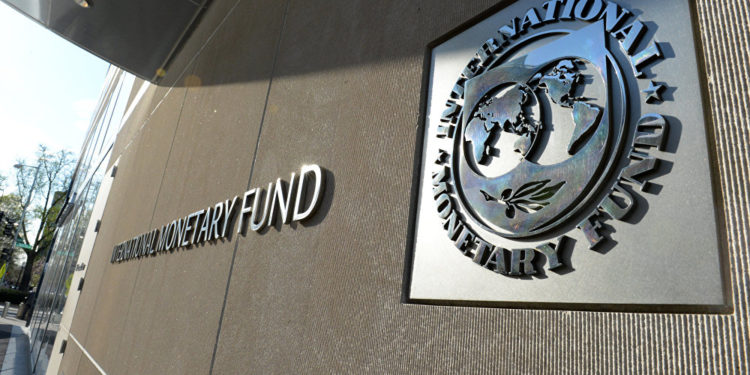The International Monetary Fund (IMF) has warned against funding the nation’s budget with funds from the Central Bank of Nigeria (CBN), with the apex bank having funded the government with more than N22 trillion in Ways and Means.
This is as the Fund stressed the need for revenue mobilisation through taxation, saying there is a potential for the country as well as others with low tax to GDP rate to add up to four percent to GDP with the removal of tax exemptions.
Speaking at the Fiscal Monitor press conference at the ongoing 2023 IMF/World Bank Annual Meetings in Marrakech, Morocco, the IMF director, Fiscal Affairs department, Vitor Gaspar, called on governments to cut down on tax concessions to meet up with revenue potential.
He said, “We find that many countries have huge numbers of tax concessions. They have an income tax, they have a VAT but they provide so many tax concessions – exemptions for certain industries and certain commodities – and the revenue foregone from these measures is between 2 and 5 per cent of GDP.
“So, there’s a lot of potential. There is a lot of tax evasion, as relates to the failure to register failure to remit tax, underreporting on the income, false claims for refunds, all these issues together add up to two to four per cent of GDP.
“And this is a matter of good enforcement – a good revenue administration can go a long way in mobilising revenue.”
On her part, IMF assistant director, Fiscal Affairs Department, Era Dabla-Norris, whilst speaking on policies for growth, said: “Having appropriate monetary policies in place, doing away with any kind of central bank financing of the budget, and ensuring that policies are working in the same direction to bring inflation down are needed.
“In the case of Nigeria, the revenue-to-GDP ratio is quite low relative to other emerging markets and developing countries. So, efforts will need to be made to increase revenue collections and to mobilise revenue collections in an inefficient manner.”
According to her, IMF’s research shows that countries like Nigeria have a large untapped tax potential.
“This is not something that can be done magically overnight, but definitely, over the medium term, expanding tax base by reducing exemptions in value-added tax is reducing tax expenditures, rationalising other types of taxes, and strengthening the quality of your tax institutions – are all steps that can be taken to effectively mobilise revenues in a progressive manner. And then channel that for priority spending,” she said.



